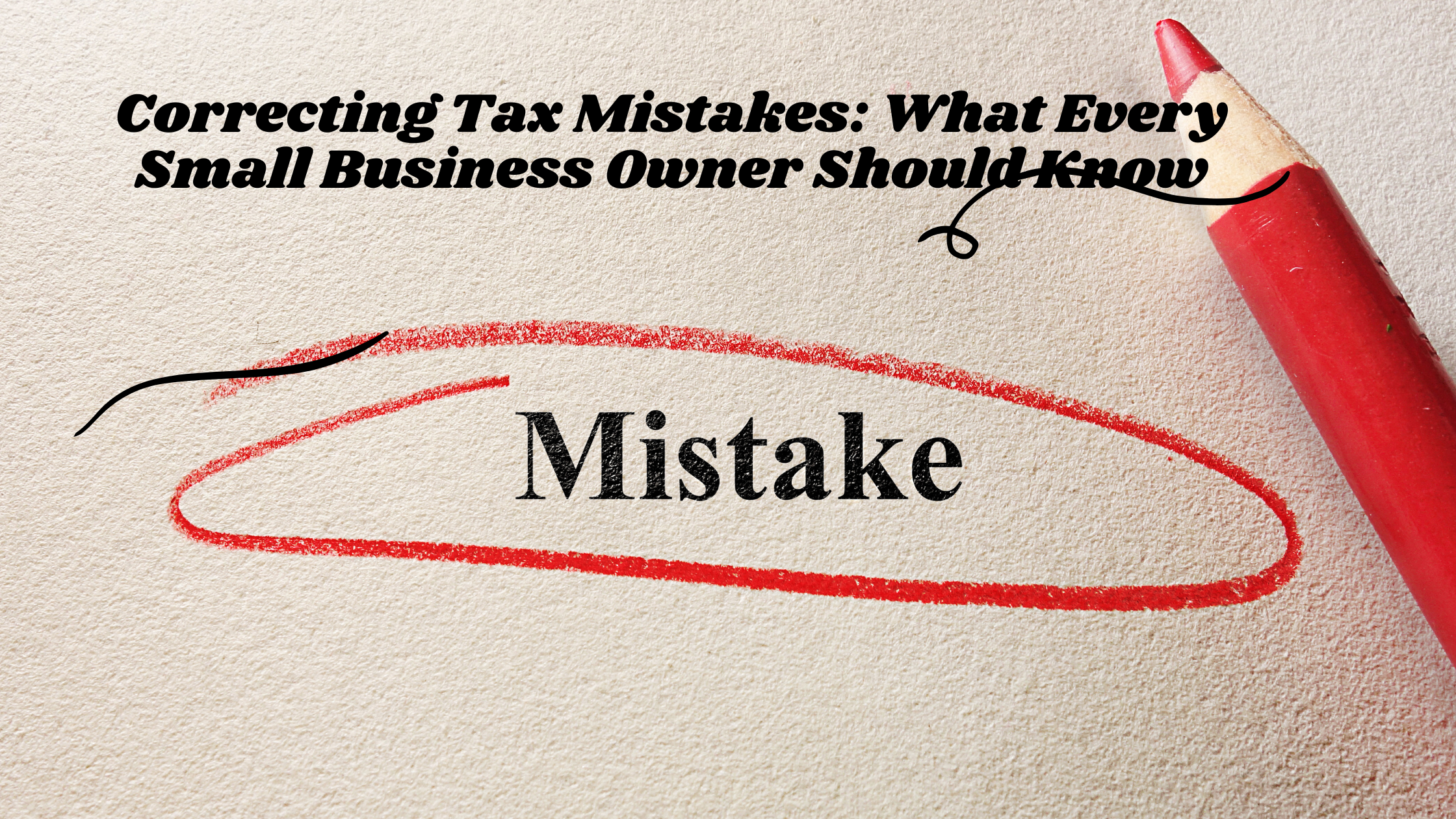Cryptocurrency Tax Filing for 2022
If you invested in cryptocurrencies last year, don’t panic! Tax season is just around the corner, and if you’re unsure about how to compute your cryptocurrency tax filing for 2022, we’ve got you covered!
In 2021, interest in cryptocurrencies like Bitcoin spiked among investors of all ages—more than half of current Bitcoin investors began investing in the last 12 months, according to a recent study by Grayscale Investments. The crypto market hit multiple all-time highs and lows throughout the year, leading to large gains and losses for many investors.
It’s no surprise that crypto tax season is now upon us, as “crypto did a lot of exciting things in 2021, and then there’s a lot of people that got into crypto in the last 12 to 24 months, so it might be their first time paying crypto taxes,” says Laura Walter, a certified public accountant and founder of Crypto Tax Girl.
While the vast majority of crypto traders can simply report their gains and losses as taxable events, more active traders may run into some issues when their returns are not reflected in their tax returns.
Here are the things that you need to know about Cryptocurrency Tax Filing for 2022.
When to Report Cryptocurrency Trades on Your Tax Return
Purchasing Cryptocurrency with Dollars
Some people think they have to pay taxes on cryptocurrency, but buying virtual currency with U.S. dollars and keeping it within the exchange where you made the purchase or transferring it to your personal wallet does not mean you’ll owe taxes on it at the end of the year.
If your only crypto-related activity this year was purchasing a virtual currency with U.S. dollars, you don’t have to report that to the IRS when you file your Form 1040 tax return.
Trading Cryptocurrency
The IRS considers cryptocurrency a kind of property — at least for tax purposes. This means that if you sell your crypto for cash, trade one type of cryptocurrency for another, or buy goods and services with virtual coins, you’re liable to pay tax on any “gains” you realize as a result.
Daniel Johnson, a financial advisor and founder of RE|Focus Financial Planning in Asheville, North Carolina says “You’ve got to be careful if you’re doing a lot of trading. If you’re going in and out of different types of cryptocurrency, every single time you place that trade, it is a taxable event.”
Cryptocurrency transactions are becoming more difficult to hide, so if you’ve been avoiding reporting your cryptocurrency on your taxes in the past, this tax season might not be the one where you get away with it.
When You’ll be Taxed on Cryptocurrency
The IRS considers bitcoins to be property. Therefore, your taxable income is based on capital gains or losses — essentially, how much value your holdings gained or lost in a given period.
“‘When you trade cryptocurrencies or spend them to purchase something, those actions can trigger capital gains taxes, because you’re trading a harder-to-regulate asset for something which is easier to track,’ says Shehan Chandrasekera, CPA, head of tax strategy at CoinTracker.io, a crypto tax software company.
What you will declare on your taxes depends on the difference between what you paid for the crypto (known as its cost basis) and how much you earn for its sale. If you bought $100 worth of Bitcoin and sold it for $500, you’d see a capital gain of $400. If your Bitcoin lost value in that time, you’d instead face a capital loss. If your losses exceed your gains, you can deduct up to $3,000 from your taxable income (for individual filers).
Reporting Cryptocurrency Income
Some people receive virtual currency as payment for services. For example, you may earn crypto as income instead of cash, or you may earn coins or tokens as reward for certain activities. Regardless of how you earn your crypto, you’ll need to record the value of the crypto in U.S. dollars when you buy it with cash or cash equivalents and report that income on your tax return.
Pat White, co-founder and CEO of Bitwave, a company that helps businesses with crypto tax reporting, says: “If I get paid one Bitcoin for services, I have to grab the fair market value for that Bitcoin at the moment I receive it. Right now, if Bitcoin is at $54,000, I have to record $54,000 of revenue as personal income.”
The IRS says that if you receive “virtual currency” as payment for goods or services, the fair market value of this virtual currency must be included in your gross income.
If you buy something with the crypto that you mine or are given, then you will need to keep track of its cost basis. This involves keeping track of how much the crypto is worth when you used it to make the purchase. You can find more information about this on the IRS website.
Track Your Activity
When you begin to deal in cryptocurrency, it’s your responsibility to keep track of your taxable activities and the fair market value of your crypto throughout those activities.
The IRS offers only general guidance about the records you’ll need to keep for tax reporting purposes. Some examples given by the agency include records of any time you receive, sell, or exchange virtual currency, as well as the fair market value of your virtual currency.
Some exchanges might provide a Form 1099-B to help you determine your capital gains and losses, but most don’t. You’re responsible for keeping track of your taxable activities and your currency’s fair market value. Starting with the 2023 tax year, cryptocurrency exchanges will be required to issue 1099-Bs. This law was passed as part of a $1.2 trillion bipartisan infrastructure bill that was signed into law by President Biden last November.
Don’t expect cryptocurrency exchanges to give you a tax form this year, says Shehan. The bill for 1099-B forms applies to the 2023 tax year. For 2021 and 2022 tax years, you won’t get a 1099-B.
It’s easy to keep track of your cryptocurrency if you leave it on the exchange you buy it on. But if you buy it, move it to a wallet, and then send it somewhere else, or if you have crypto in multiple places, you may need to be more diligent in tracking your transactions.
There are crypto-focused tax software programs that can help you manage your taxes. These programs let you import data from all exchanges and wallets used, as well as calculate your capital gains and losses for a given year. Some of these programs are CoinTracker, TokenTax, CryptoTrader.Tax, and more.
Got Crypto? Here’s how to prepare for this year’s Tax Season
To simplify your crypto-related tax filing in 2021, start planning ahead now. Don’t wait until April 1, 2022, to begin gathering your reports and figuring out what you owe.
You will have more success with cryptocurrency taxes if you treat it like a business. That means tracking your profits and losses on a monthly basis, keeping your taxes up to date, and being more proactive about it.
If you’re somebody dealing with large amounts of money, you’re making DeFi transactions, staking or mining operations, those people will want to have an Enrolled Agent to sit down and do tax planning and tax-saving strategies.”
Bottomline
If you have questions about your specific tax obligation related to virtual currencies or if you’re unsure if you’re reporting correctly, consider speaking with a tax professional who has experience interpreting the tax code.
The IRS and other regulators are trying to learn more about virtual currencies and the new issues they raise, but they cannot issue guidance on every situation. That’s why it is important to choose a tax professional who understands how the IRS treats cryptocurrency. It is also a good idea to choose someone who has experience reporting cryptocurrency gains and losses.
Reporting your taxes with only your dollar income in mind is already complicated, add to that complexity is knowing when are your taxable events whenever you go near cryptocurrency. Knowing when you are taxable, and how to report your cryptocurrency taxes is half the battle. You need an experienced Enrolled Agent to help you with the other half! Send us a message today and we’ll get you in touch with our experienced Enrolled Agent to start helping you today!





